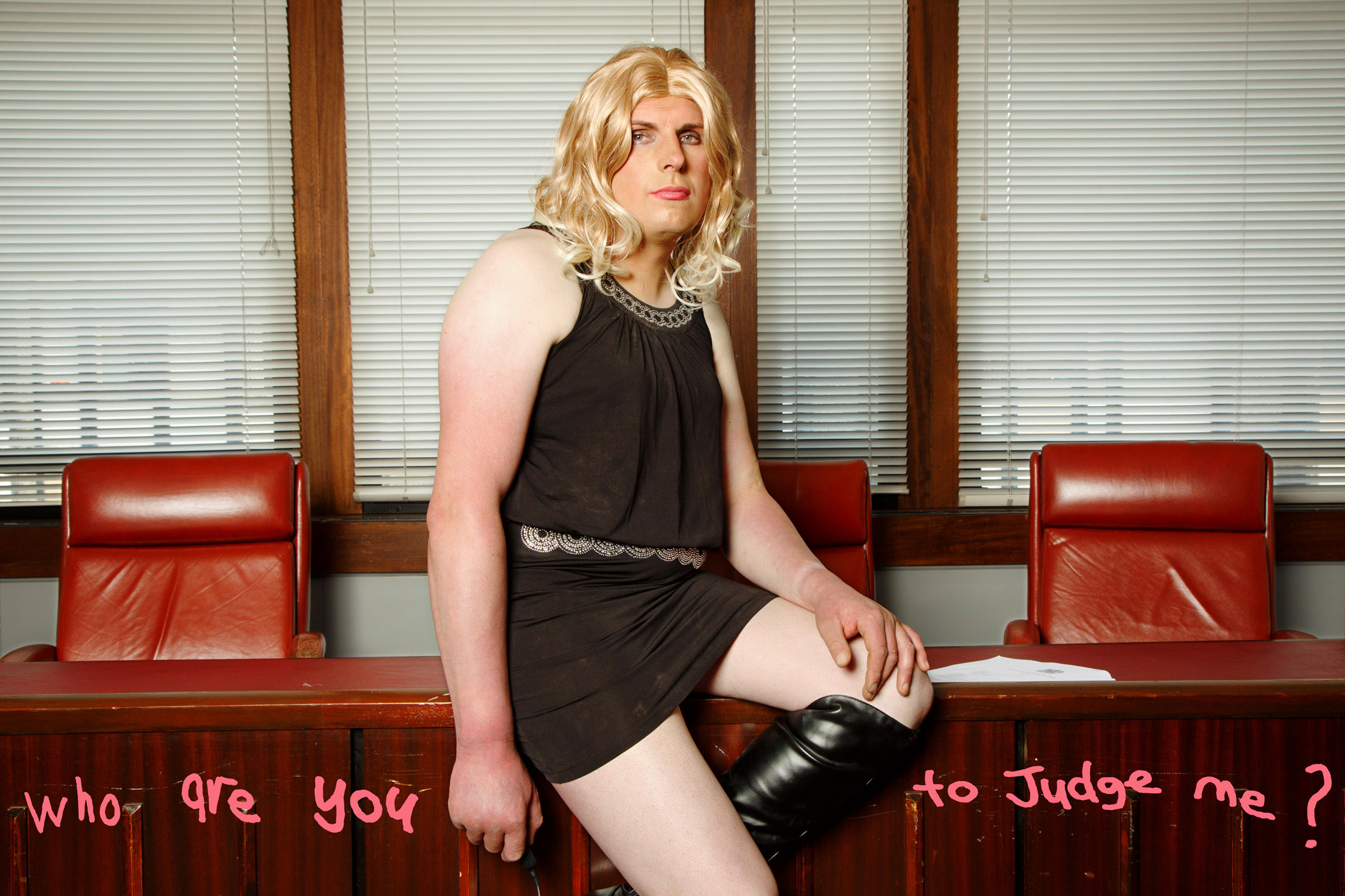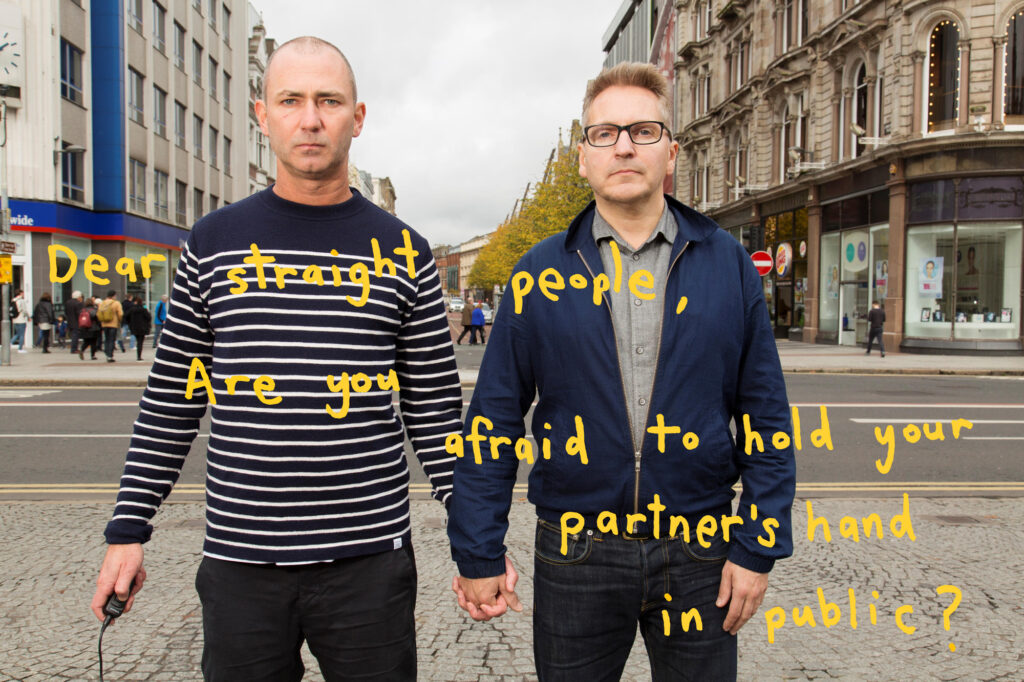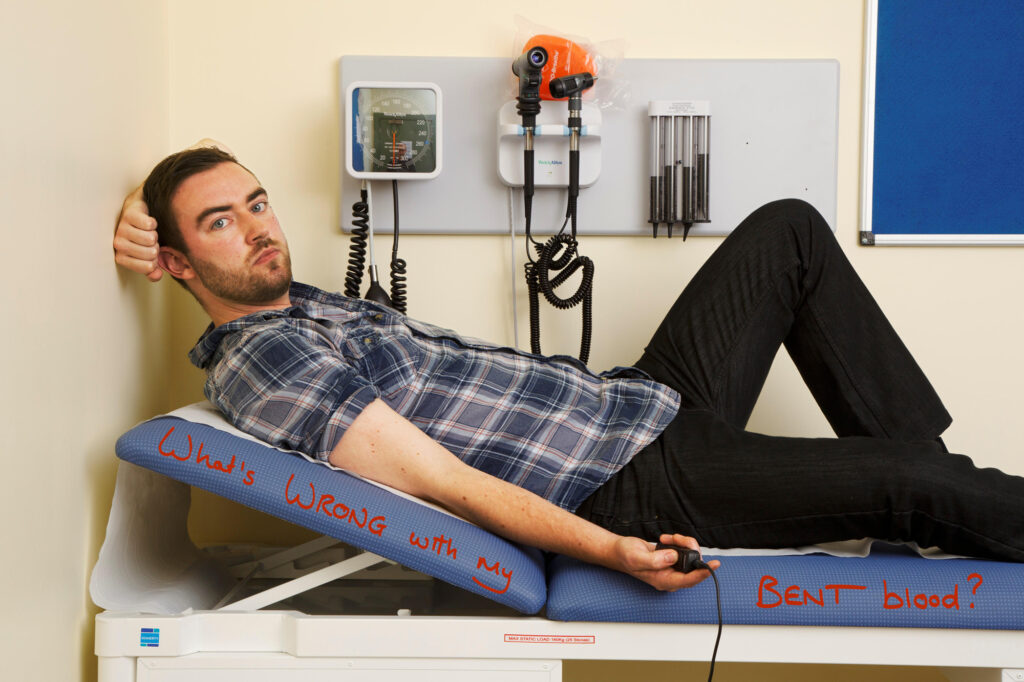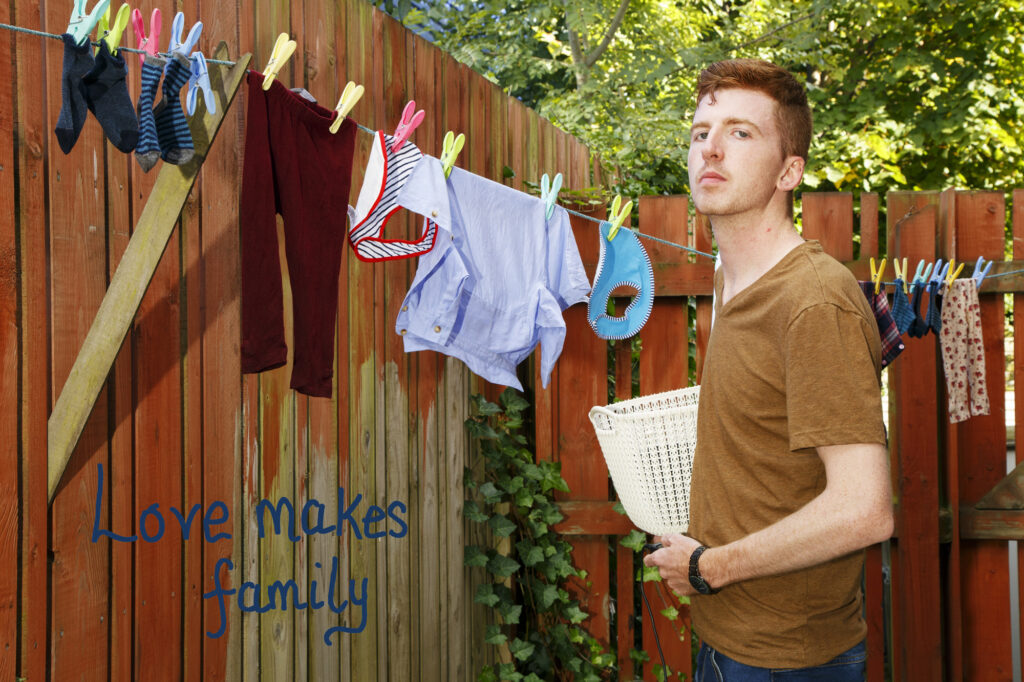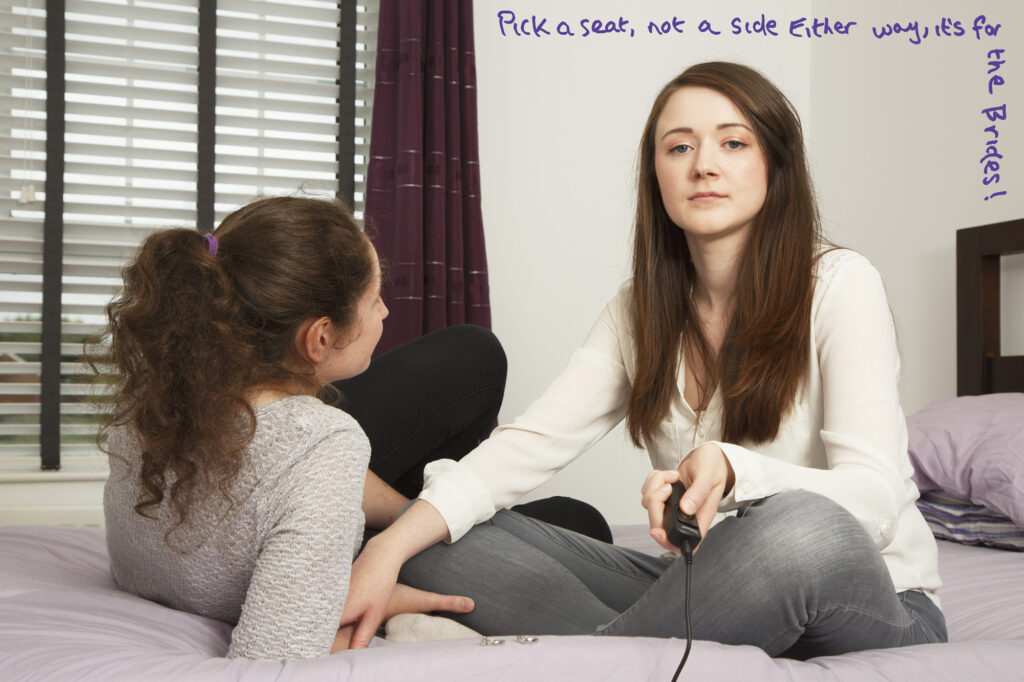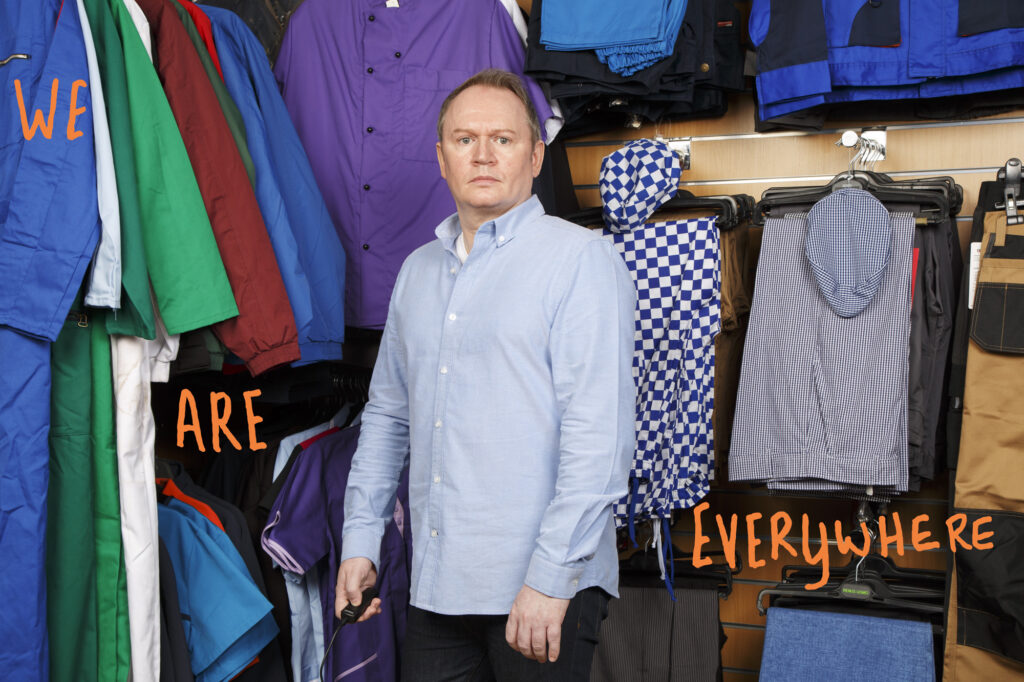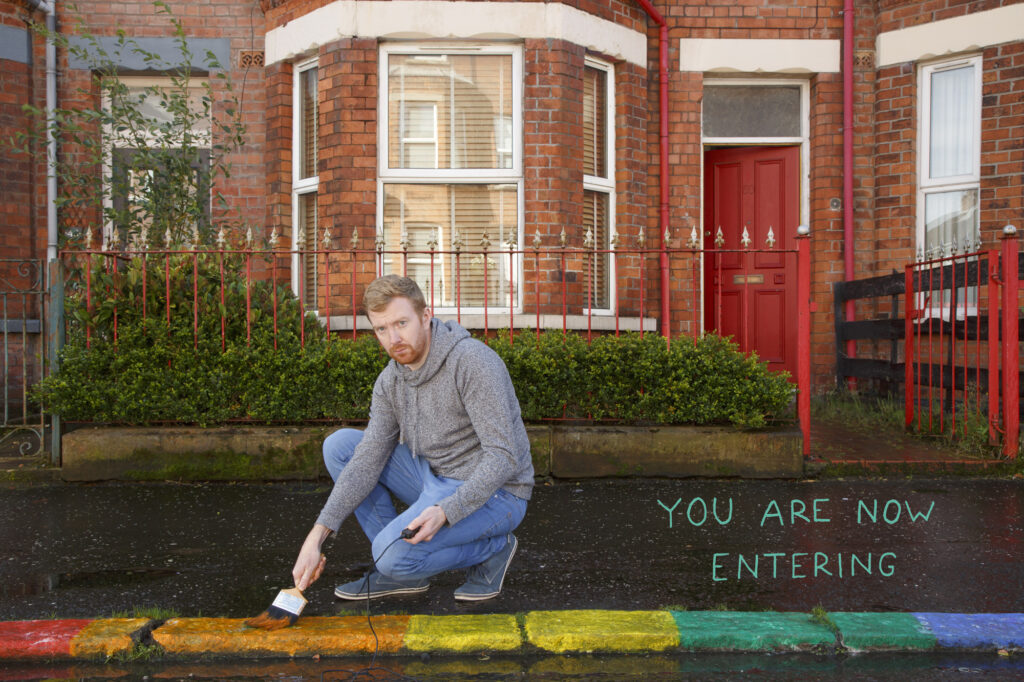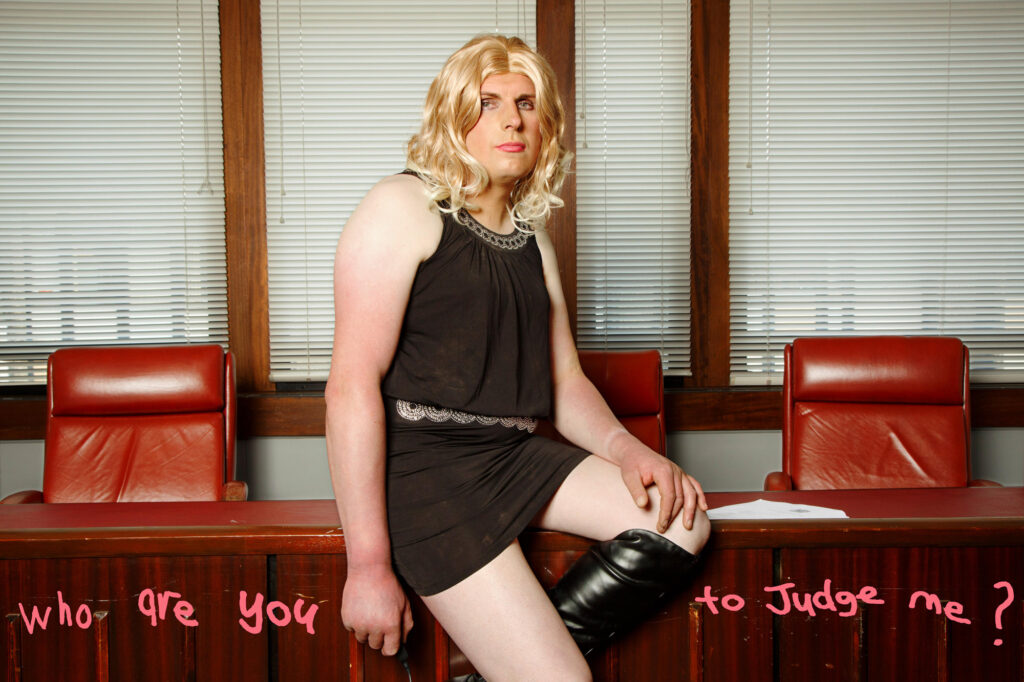Being queer is not about a right to privacy; it is about the freedom to be public, to just be who we are.
We come out of the closet, face the rejection of society, face firing squads, just to love each other!
Our difference, our otherness, our uniqueness can either paralyze or politicize us.
DO SOMETHING. Recognise that any act of aggression against any member of our community is an attack on every member of the community.
There is the one certainty in the politics of power: those left out of it beg for inclusion, while the insiders claim that they already are.
Queers Read This (1990)
In 2017 the rights of queer people across the United Kingdom may appear to be equal and secure. However, in Northern Ireland (NI) today, marriage equality for LGBTQ+ people does not exist as it does elsewhere in the UK or in the Republic of Ireland. Reported homophobic hate crimes have risen year on year for almost a decadeis Additionally, political activities taking place in Stormont related to LGBTQ+ rights, abortion, HIV and AIDS, and creationism, ve. Trans people are excluded from Northern Irish hate crime laws. And political activities taking place in Stormont related to LGBTQ+ rights, abortion, HIV and AIDS, and creationism, have prompted the International Lesbian, Gay, Bisexual, Trans and Intersex Association (a worldwide federation of campaigning organisations from 132 countries) to rate NI as the worst place for queer people in the United Kingdom.
Having worked in Belfast for over a decade and observing that conditions for LGBTQ+ people contrast so sharply with the rest of the UK has always seemed to me at odds with the the fact that in the wake of the Troubles the communities of NI are considered to be engaged in a process of reconciliation and peace-building. As a gay man, I feel strongly connected to issues affecting the rights and representation of LGBTQ+ individuals and communities everywhere, but especially in the places I live and work. So, iSo, in accepting the invitation by Belfast Exposed to create work for the ‘LGBTQ+ Visions of Peace in a Society Emerging from Conflict’, research project by Ulster University and Queens University Belfast, I was keen to use this opportunity to look closely at what was happening to queer people in NI, and to bring into focus the perspectives and hopes queer people have for the future.
Following an information forum in March 2017, seven participants came forward to work with me. I invited everyone to bring along personal photographs that spoke about ‘history’ and ‘peace’. We used these images in a story circle to listen to each other’s experiences and begin to get to know one another. Over the following nine months we met regularly in workshops and meetings to research information, exchange views, and create photographs. We explored the Belfast Exposed archive and visited an exhibition at the Ulster Museum about LGBTQ+ activists in NI in the 1970s. We spent time considering a range of issues, including media representation, hate crime, the persistent use of the ‘petition of concern’ by the Democratic Unionist Party (DUP) to veto marriage equality, restrictions on gay men donating blood, and the Ashers Bakery court case. We charted our discussions about themes such as ‘queer’, representation’, and ‘rights’ on conversation maps, and continued working together through a private Facebook group and our public blog: letuseatcake.blog Through Youtube we researched a range of media and compiled a playlist spanning Ian Paisley’s 1977 ‘Save Ulster From Sodomy’ political campaign, to films made by young queer people discussing issues that directly affect them on #inmyshoes. We created photographs in a black and white darkroom, used digital cameras, and experimented with ways to create Collaborative Self-Portraits. Over time, each participant delved deeper and deeper into exploring a specific theme providing the basis for the creation of their Collaborative Self-Portrait.
Despite legislation reforms advancing the rights of the LGBTQ+ communities in England, Scotland, Wales, and the Republic of Ireland, to be queer in Northern Ireland is to live in one of the most challenging places in the UK and on the island of Ireland. Human rights campaigners such as Peter Tatchell have even gone so far as to describe Northern Ireland as one of the most homophobic places in Western Europe. While public attitudes may be shifting in much more supportive directions, many LGBTQ+ individuals are rejected by their families, there is still too much homophobic hate crime, and many LGBTQ+ people are rejected by their families, there is still too much homophobic hate crime, and many queer people face discrimination in their daily lives. Let Us Eat Cake speaks out about the fact that a great deal more needs to be done.
